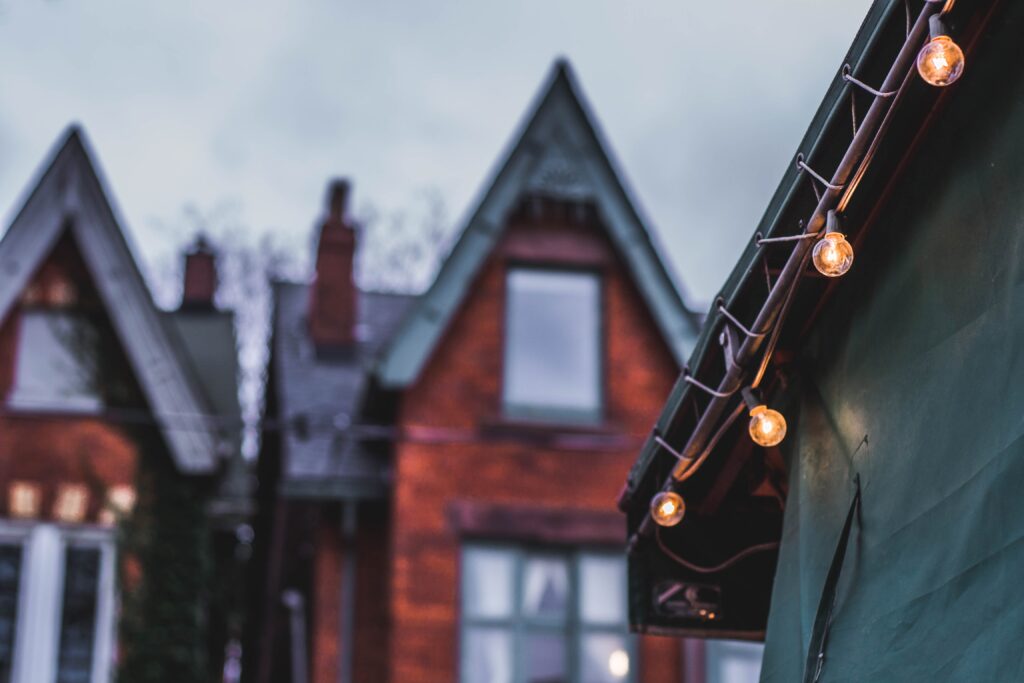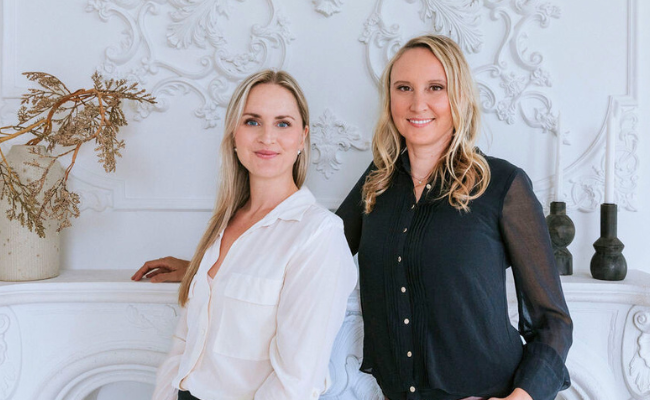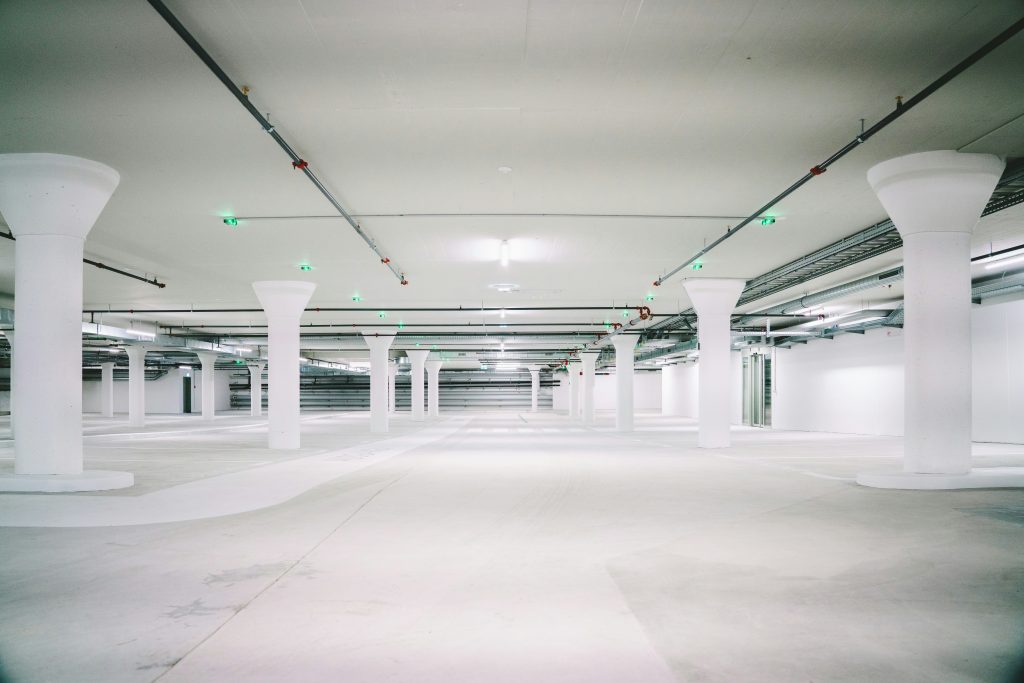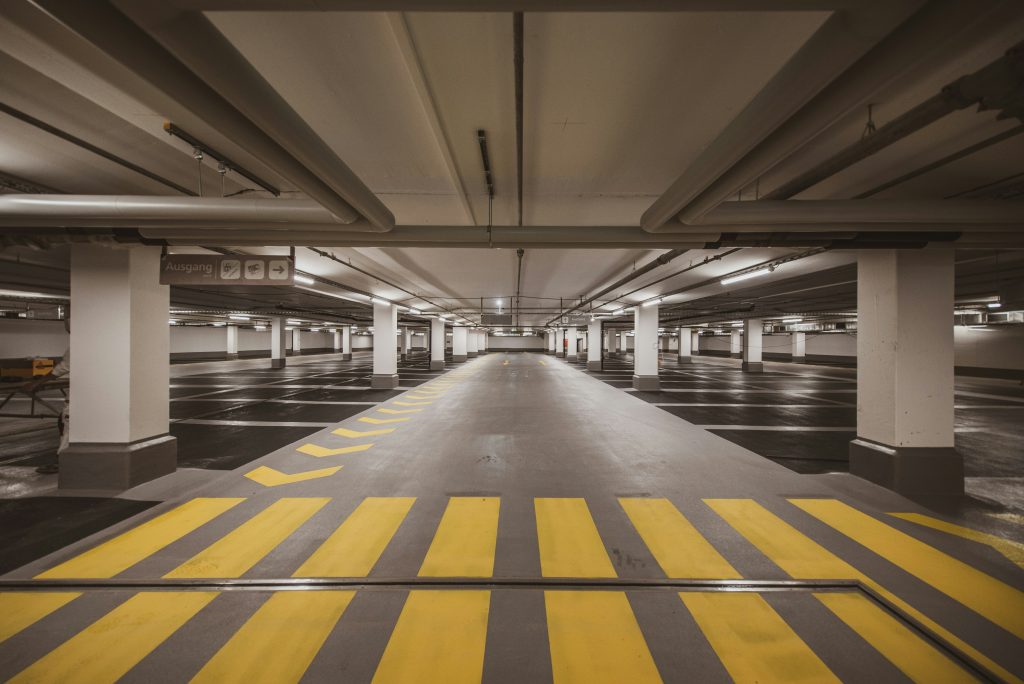Many buyers don’t purchase their forever home right away. Family plans, jobs, and people all change over time. And that’s okay. It’s more than okay. It’s impossible to predict exactly how you’ll feel in a space down the line with variables shifting and so many unpredictable elements. So whether you’ve changed your mind after a few years or you’re worried about committing for the long term, here are a few considerations to help make savvy choices.
Your Investment When Purchasing
In an ideal world, the market has appreciated between the time you’ve purchased and the time you’re ready to sell. But as we’ve recently seen, you can’t control or accurately predict the market. What you can do is understand at what points you’re at a loss, breaking even, or making money on your investment. You can pair this information with what makes sense for your personal circumstances to help make informed choices.
To understand what you’ve invested in your home you must consider the following:
- Deposit
- Lawyer fees
- Any applicable taxes (e.g., there is a significant land transfer tax, and HST can be applicable for newly built homes)
- Repairs, upgrades or renovations
- Lending Fees
- Assessment and/or inspection fees
Your Investment When Selling
Your next consideration is how much would it cost you to sell your home:
- Real estate fees + HST (most sellers in Ontario cover both the listing and buyer agent commissions)
- Lawyer fees
- Any applicable lending penalties or fees
- Any applicable taxes (e.g., investment properties are subject to a capital gains tax)
- Your available equity in the home
Break Even
To understand your home’s current worth, you can ask a trusted realtor to give you an opinion of value and compare this to your purchase price. If you don’t have a trusted realtor, consider getting a few opinions of value.
A healthy budget for your investment when purchasing a home is around 5% of the purchase price in Toronto, and 3% elsewhere in Ontario. The largest expense is generally the land transfer tax. 3.5%-5% does not consider repairs, upgrades and renovations, or if HST or the foreign buyer’s tax is applicable. A healthy budget for your investment when selling is usually around 5%. The largest expense here is the real estate fees. While there is no industry standard, a reasonable range for the purposes of your calculations is 4-6%. So, if you’re buying and selling your home, it needs to appreciate by around 8-10% to break even.
Average Number of Years to Break Even
According to Canadian Real Estate Magazine, the average price increase was about 13% per year between 2011 and 2021. When we compare housing prices year-over-year since 2018, we see how appreciation fluctuates:
- June 2021 to June 2022 up 5.3%
- June 2020 to June 2021 up 17%
- June 2019 to June 2020 up 11.9%
- June 2018 to June 2019 up 3%
You can’t, however, bank on the market appreciating every year. As we are seeing right now, what goes up must come down. There will always be unpredictable cycles in real estate, but if you had bought in 2019 and sold in 2020, or bought in 2020 and sold in 2021, you would be able to break even after only one year. In other cases, it may take several years for the market to appreciate 8-10%. This is why it is generally advisable to plan on being able to hold onto a property for at least a few years if you’d like to realize a gain on your investment. Real estate is best thought of as a long-term investment unless it’s part of a much larger portfolio and paired with a high risk tolerance.
There are always crucial investment considerations with real estate, even when it’s for personal use. You must, however, carefully balance practical elements with what makes the most sense for you, your family and your quality of life. If you’re considering selling when you haven’t profited yet, that may still be the best decision for you and your family at any given time. Bottom line, short-term investments in real estate are unreliable. If possible, it’s best to plan on multiple years in the same home, and upsize or downsize when the market and timing best suit you.
(*Please note we are not talking about not closing on a property that you’ve already got an agreement to purchase – that’s a very different conversation with a ton of legal considerations)
Want to learn more about alternative home options in Toronto, check out this blog!
Photo by Victoria Heath on Unsplash






